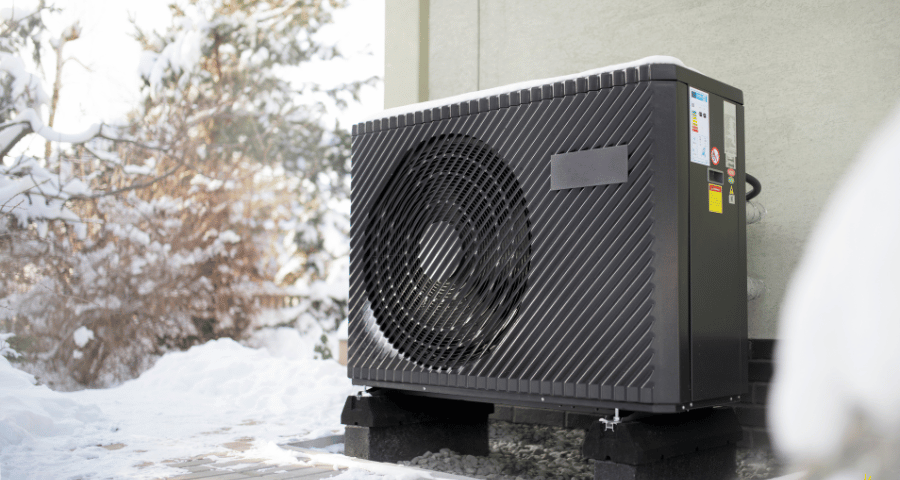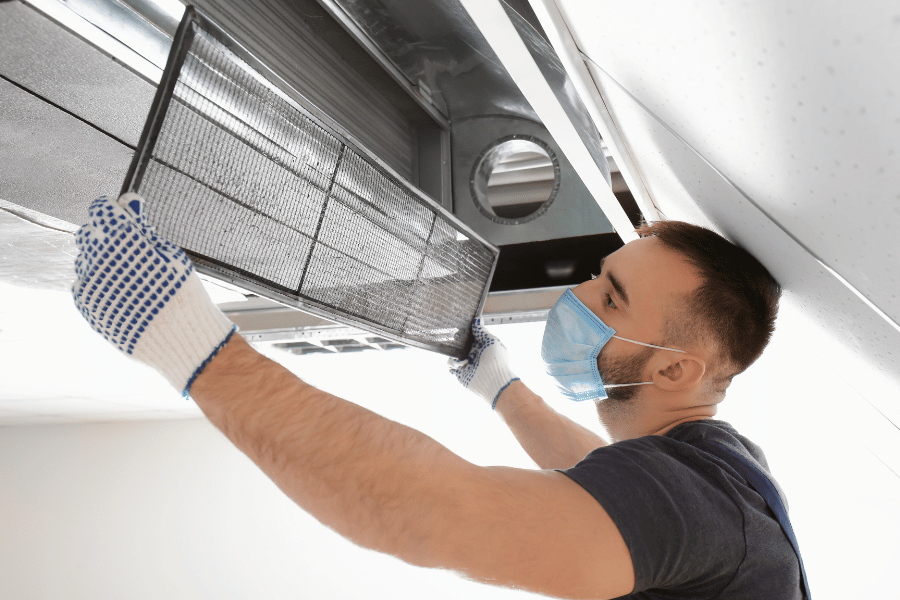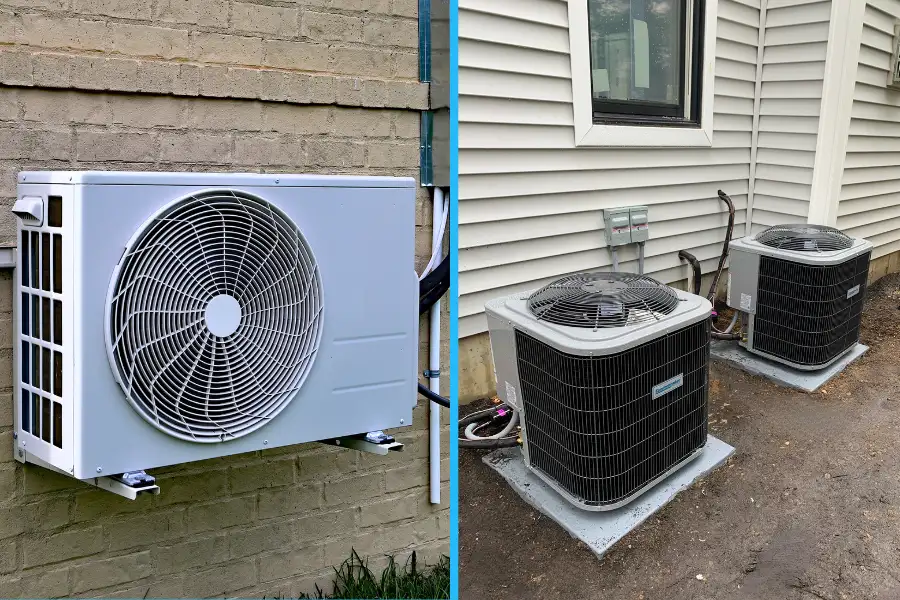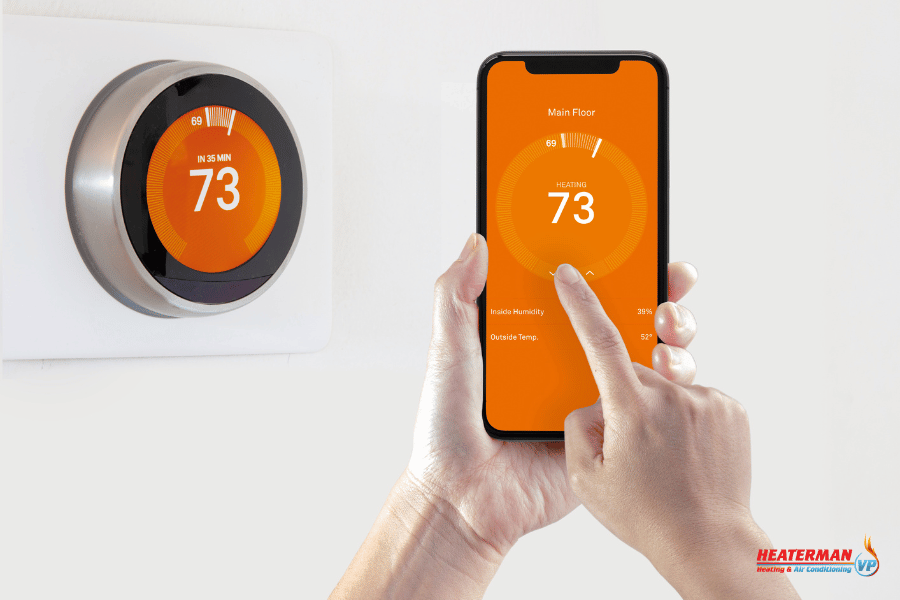
The Truth About Heat Pumps: Pros, Cons, and What Suffolk County Homeowners Should Know
Heat pumps are becoming one of the most talked-about home comfort solutions in Suffolk County — and for good reason. These systems can both heat and cool your home, they’re energy-efficient, and they’re compatible with modern green energy initiatives.
But are they the right choice for your home? Before making the switch, it’s important to weigh the full picture. In this blog, we break down the real-world pros and cons of heat pumps so you can decide with confidence.
What Is a Heat Pump?
A heat pump is an HVAC system that moves heat rather than generating it. In the winter, it extracts heat from the outdoor air (even in cold temps) and transfers it indoors. In the summer, it reverses this process to remove heat from your home.
Heat pumps are powered by electricity and work without burning fuel, making them a cleaner alternative to traditional furnaces or boilers.
There are two main types:
- Air-source heat pumps (the most common)
- Ground-source or geothermal heat pumps (more efficient but higher upfront cost)
Pros of Heat Pumps in Suffolk County
- Year-Round Comfort
Heat pumps provide both heating and cooling in one system, eliminating the need for separate AC and furnace units. - Energy Efficiency
Because they move heat instead of creating it, heat pumps can be 2 to 3 times more efficient than electric baseboards or oil systems. - Lower Carbon Footprint
Heat pumps use electricity, making them ideal for homes looking to reduce emissions — especially when paired with solar panels or clean energy. - Safe and Clean Operation
No combustion means no risk of carbon monoxide or gas leaks. This makes heat pumps a safer option for many households. - Zoning and Temperature Control
Many heat pumps work with ductless mini split systems, allowing room-by-room temperature control and reduced energy waste. - Incentives and Rebates
NYSERDA and utility companies often offer rebates for heat pump installations in Suffolk County. Ask our team about current programs.
Cons of Heat Pumps in Suffolk County
- Upfront Cost
Installation can be more expensive than a traditional furnace or AC system, especially if upgrades are needed to your electrical panel. - Cold Weather Limitations
While cold-climate heat pumps perform well in temperatures down to 5°F or lower, they can struggle in extreme cold snaps without a backup heat source. - May Require Supplemental Heat
Some homes may need a backup system (like an electric or gas furnace) to support the heat pump during frigid weather. - Slower Heating Response
Compared to gas furnaces, heat pumps may take longer to bring a room up to temperature. - Ductwork Compatibility Issues
Older ductwork systems may need modifications to work efficiently with a central heat pump.
Is a Heat Pump Right for Your Suffolk County Home?
Heat pumps are a fantastic solution for many homes, especially those looking to reduce their energy use and carbon emissions. They work exceptionally well in well-insulated homes, homes with ductless systems, or homes seeking to eliminate fossil fuel reliance.
That said, they’re not ideal for every situation. Our HVAC experts will evaluate your home, your energy goals, and your budget to recommend the best solution.
Explore our Ductless Mini Split Systems
Learn more about Heating Services
Did You Know? Modern heat pumps can operate at 300% efficiency — meaning they produce three times as much energy as they consume in electricity.
FAQs
Q: Can a heat pump replace my furnace and AC?
A: Yes. Heat pumps can provide both heating and cooling in one system.
Q: Are heat pumps good for Long Island winters?
A: Absolutely. Cold-climate models are built to handle Suffolk County’s weather. In extreme cold, a backup system may help.
Q: Are there rebates for heat pump installation?
A: Yes. NYSERDA and utility providers often offer generous incentives for upgrading to heat pumps.
Q: How long do heat pumps last?
A: With proper maintenance, most systems last 15 to 20 years.
Thinking about installing a heat pump in your Suffolk County home?
Learn more about the benefits, efficiency, and year-round comfort of these systems on our Heat Pump Installation in Suffolk County page — and see if it’s the right fit for your home.




